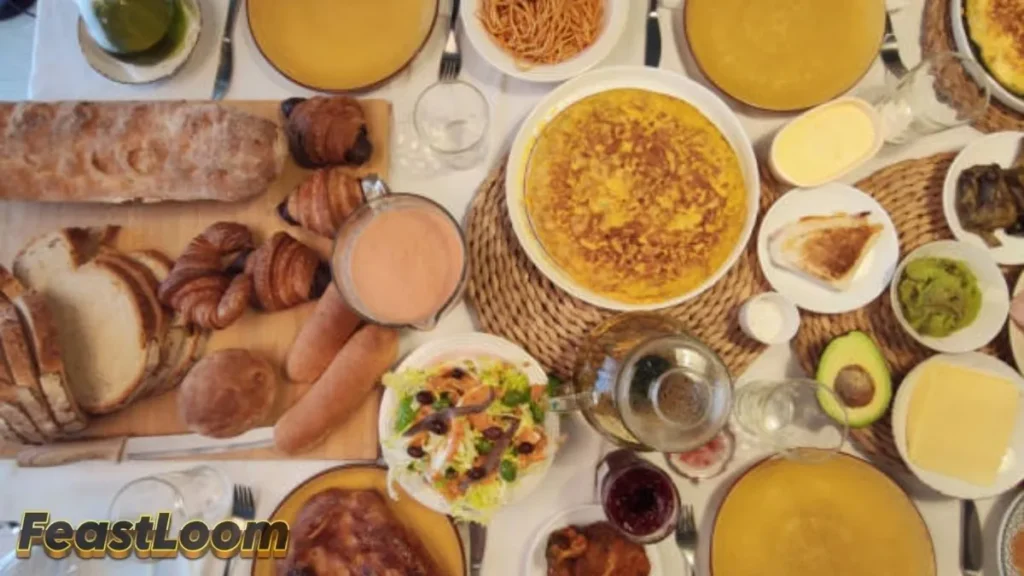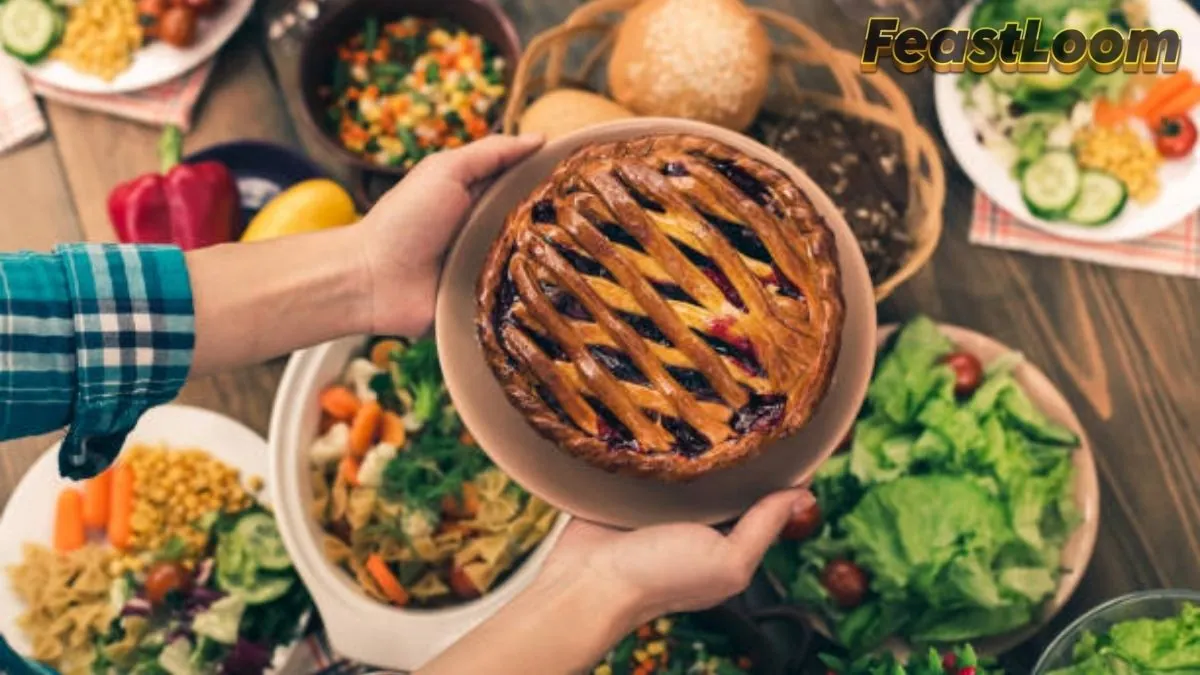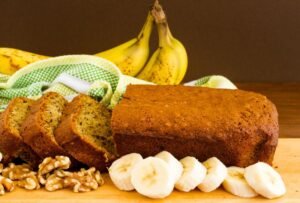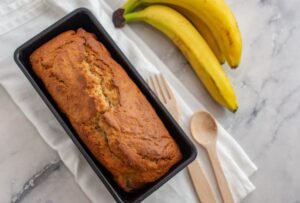How can banana bread recipes support sustainable farming practices?

How can banana bread recipes support sustainable farming practices?
Introduction: Banana Bread Recipes and Sustainable Farming Practices
We live in an era where the importance of sustainable farming practices is frequently emphasized. Striving for more sustainable foods implies that we opt not only for healthier choices but also those that are environmentally friendly. One such example of this approach can be seen through banana bread recipes. In this comprehensive article, we will explore how banana bread recipes can play a crucial role in supporting sustainable farming practices.
The Connection between Banana Bread Recipes and Sustainability
At first glance, the connection between banana bread and sustainable practices might not seem evident. Nonetheless, making banana bread not only results in a delicious treat but also lends itself well to farming methods that are sustainable.
One prime example lies in food waste reduction. Every year, millions of tons of bananas are wasted because they ripen quicker than they can be consumed. Turning these ripe bananas into banana bread is an efficient way to reduce food waste – a significant step towards more sustainable living.
The Role of Sustainable Ingredients in Banana Bread Recipes
While the bananas might seem like the star of our banana bread, every ingredient contributes to supporting sustainable agriculture. Opting for these eco-friendly ingredients is crucial in promoting sustainability and assisting the environment in the long run.
Organic Flour
For instance, using organic flour in your banana bread recipe helps in promoting soil health and biodiversity, as organic farming practices shun synthetic fertilizers and pesticides that are harmful to the environment.
Free-Range Eggs
Using free-range eggs is another way to ensure sustainability. Free-range farming provides chickens with the freedom to roam outdoors, hence leading to better animal welfare and a healthier product in general.
Eco-Friendly Sugar
A typical banana bread recipe also calls for sugar. Making a conscious choice of using eco-friendly sugar sourced from sustainable farming practices without the exploitation of labor is another great way to support sustainability.
The Power of Fair-Trade Bananas
Fair-trade bananas are those that are sourced from farmers and workers who are justly compensated. So when you choose to use Fair-trade bananas in your recipe, every slice of your banana bread not only tastes great but also supports the livelihood of farmers globally.
Promoting Biodynamic Farming through Banana Bread Recipes
Biodynamic farming is a holistic, ecological, and ethical approach to farming. It treats the farm as a living organism. Biodynamic bananas, when used in banana bread recipes, promote this farming method that emphasizes balance in nature and diversity, fostering healthier soil and plant health.
Conclusion: A Slice of Sustainability
In conclusion, your banana bread recipe cultivates more than a rich, tasty loaf. Choosing the right ingredients can turn this humble recipe into a valuable player in sustainable farming initiatives. Every ingredient – from the bananas to the flour, sugar, and eggs – represents an opportunity to support farming methods that respect and promote biodiversity, reduce waste, uphold ethical trading standards, and are environmentally friendly.
Therefore, the next time you whip up a batch of banana bread, remember that your choices can have a lasting impact. With every bite, you’re not only satiating your taste buds, but you’re also contributing to the longevity of our planet and its resources.

Learn More
Conclusão
Supporting sustainable farming practices through making banana bread recipes is not just a choice, but a necessity to preserve a habitable environment for future generations. By purchasing organic, fair trade bananas for our recipes, we are investing in farmers who use eco-friendly methods of production. This doesn’t only preserve the biodiversity of the farmland, but also protect the health and well-being of the farmers. We can also limit food waste by utilizing overripe bananas in our banana bread recipes.
Taking a moment to consider the story behind our food, thinking about the farmer, planet, animals, and people who make it possible, will lead us to make more conscious choices with our culinary delights. Now, who’s ready for a slice of sustainable banana bread?
FAQ
1. How does banana bread recipes support sustainable farming practices?
Using organic, fairtrade bananas in banana bread recipes supports sustainable farming practices by encouraging farmers not to use harmful chemicals and to use methods that preserve the environment and biodiversity.
2. What is sustainable farming?
Sustainable farming is an agricultural practice that focuses on producing food in a way that preserves the environment, maintains soil fertility, and supports long-term crop production.
3. Why should we support sustainable farming practices?
Supporting sustainable farming practices is important for preserving biodiversity, protecting the environment, and maintaining the health and well-being of farmers.
4. How can I be sure that the bananas I’m using are sustainably farmed?
Look for bananas that have certifications like Organic or Fair Trade. These indicate that the bananas have been grown and harvested in a sustainable manner.
5. How does banana bread recipes reduce food waste?
Banana bread recipes are a great way to use overripe bananas that would otherwise be discarded, thus helping to reduce food waste.
6. Are there any other ways I can support sustainable farming practices in my kitchen?
Yes, you can also buy locally-sourced produce, purchase seasonal fruits and vegetables, reduce meat consumption, and compost food scraps.
7. What impact does sustainable farming have on farmers?
Sustainable farming methods are not just better for the environment, but they also contribute to the health and well-being of the farmers by reducing their exposure to harmful chemicals.
How can banana bread recipes support sustainable farming practices?

When you make purchases through the links available on our site, we may receive an affiliate commission at no additional cost to you.



